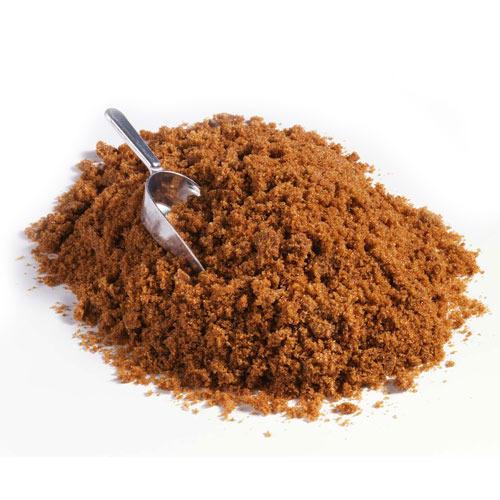

Brazil is on the largest sugar supplier in the world. Sugar is available in raw form which then needs to be processed to product white sugar (in different sizes). Raw sugar can be supplied as BULK (i.e. loaded on a vessel) and in 1000kg jumbo bags (supplied in containers). White sugar is usually supplied in 50kg bags.
Facts of Sugar
Sugar is the generalised name for a class of chemically-related sweet-flavored substances, most of which are used as food. They are carbohydrates, composed of carbon, hydrogen and oxygen. There are various types of sugar derived from different sources. Simple sugars are called monosaccharides and include glucose (also known as dextrose),fructose and galactose. The table or granulated sugar most customarily used as food is sucrose, a disaccharide (in the body, sucrose hydrolyses into fructose and glucose). Other disaccharides include maltose and lactose. Chemically-different substances may also have a sweet taste, but are not classified as sugars. Some are used aslower-calorie food substitutes for sugar described as artificial sweeteners.
Sugars are found in the tissues of most plants but are only present in sufficient concentrations for efficient extraction in sugarcane and sugar beet. Sugarcane is a giant grass and has been cultivated in tropical climates in the Far East since ancient times. A great expansion in its production took place in the 18th century with the setting up of sugar plantations in the West Indies and Americas. This was the first time that sugar became available to the common people who had previously had to rely on honey to sweeten foods. Sugar beet is a root crop and is cultivated in cooler climates and became a major source of sugar in the 19th century when methods for extracting the sugar became available. Sugar production and trade has changed the course of human history in many ways. It influenced the formation of colonies, the perpetuation of slavery, the transition to indentured labour, the migration of peoples, wars between sugar trade-controlling nations in the 19th century, and the ethnic composition and political structure of the new world.
The world produced about 168 million tonnes of sugar in 2011. The average person consumes about 24 kilograms of sugar each year (33.1 kg in industrialised countries), equivalent to over 260 food calories per person, per day. Sugar provides energy but nonutrients—empty calories.
More details:View company website
Its Free
Verify Now